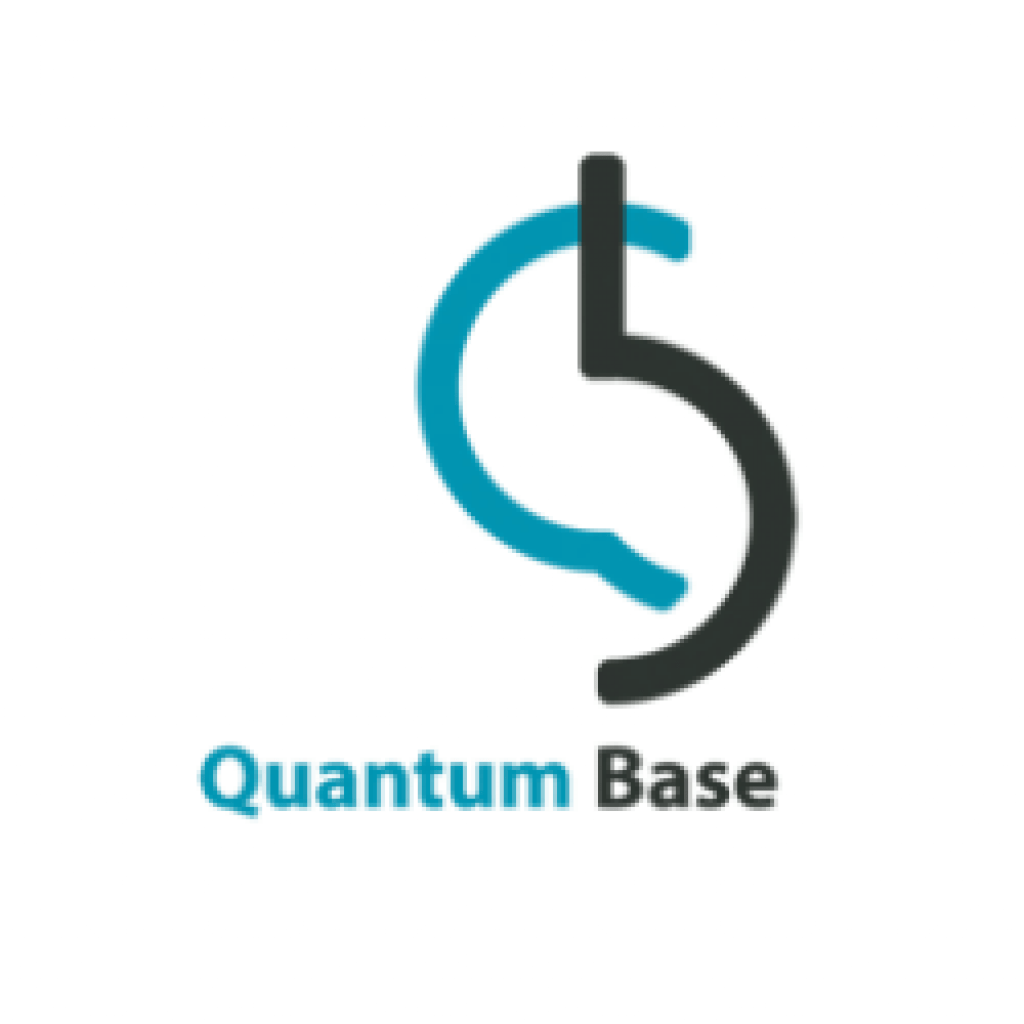(Forbes) Passwords are just too vulnerable, be that from weak construction, reuse or data breaches. In the world of supply chain product authentication issues of theft and interception come to the fore when passwords are on the security debate agenda. Things are not better when it comes to holograms or QR codes, where imitation is rife.
IsoLab at Lancaster University is a suite of 3 laboratories where vibration, noise and electromagnetic disturbance have been drastically reduced, creating an ultra-clean environment for measurement and characterization. This is where scientists have created a family of simple, practical, scalable security devices based on state-of-the art quantum technologies. Commercialized by spinout company Quantum Base, these include the ‘unclonable’ identity tags Q-ID.
Quantum Base claims its patented Q-ID optical authentication tags are impossible to copy because each nano-scale device contains 1,000 trillion atoms. This, Quantum Base says, would take the most powerful scanning probe microscopes on the planet about the age of the universe, 13 billion years give or take, to produce an identical clone.
Quantum physics amplifies the anomalies, which makes them impossible to fingerprint. Because of the nano-scale we are talking about here, less than 1000th of a human hair in size, they can easily be incorporated onto the surface of any product or tag, any QR-code or hologram to create a truly unique fingerprint.
Goodbye Passwords, Hello to Quantum Base’s ‘Unbreakable’ Quantum IDs
